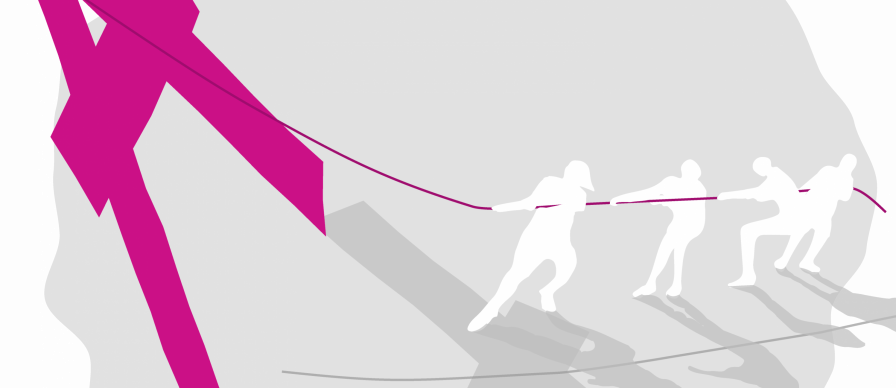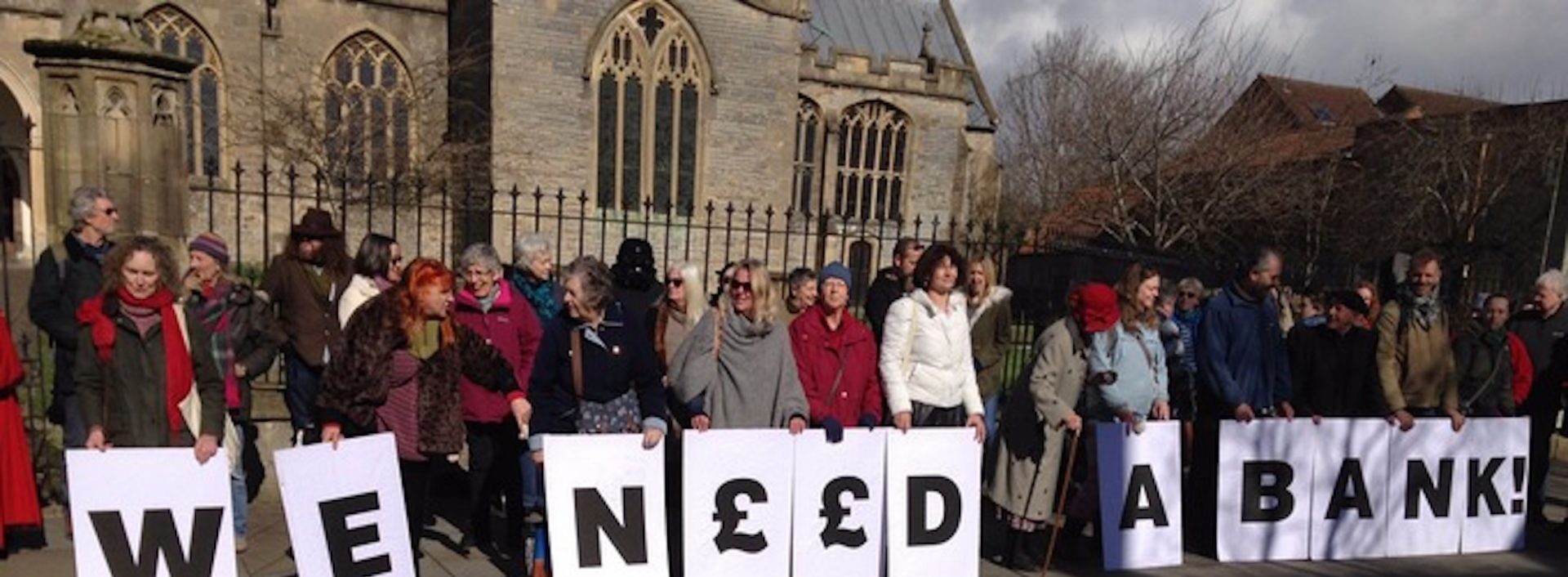Despite their best efforts, which consisted of a choral flashmob, the production of a spaghetti western, and a funeral procession marking Lloyds closing its doors, Glastonbury’s last bank did not reopen. However, their creative organisation captured the attention of Nationwide building society, who offered to open a branch in Glastonbury. This story shows the true power of an organised community, setting an example for other groups trying to create change in their areas.
But the parades, choirs, and films were just the colourful tip of a much bigger iceberg. The reality is that, over a year ago, the community had unknowingly began laying the foundations needed to get to the victory their campaign achieved, stemming from a completely different issue.
In May 2015, Glastonbury resident Barnaby asked Jon, his local community organiser and councillor, why the high street wasn’t pedestrianised. Jon suggested that Barnaby start a group with others to talk about the issue, so he formed a Facebook group.
“That Facebook group is where all the grief came from,” explained Jon. “For as many people who wanted that pedestrianisation, there were others who didn’t. And that ended up with a group of quite volatile people coming to a town council meeting.”
The volatility of the debate going on at the time prompted Jon to suggest that he and his fellow councillors go out door knocking, to listen to those who lived and worked on the high street about their views on the town centre.
From that listening, a group of community members formed, calling itself ‘The Future of the Town Centre Working Group.’
Glastonbury high street was not pedestrianised. But it was the group that formed around this issue that was then prepared when the news came that the banks were closing. Following the listening campaign and establishing the working group, the town council then offered them a space to meet, and simply stepped back.



